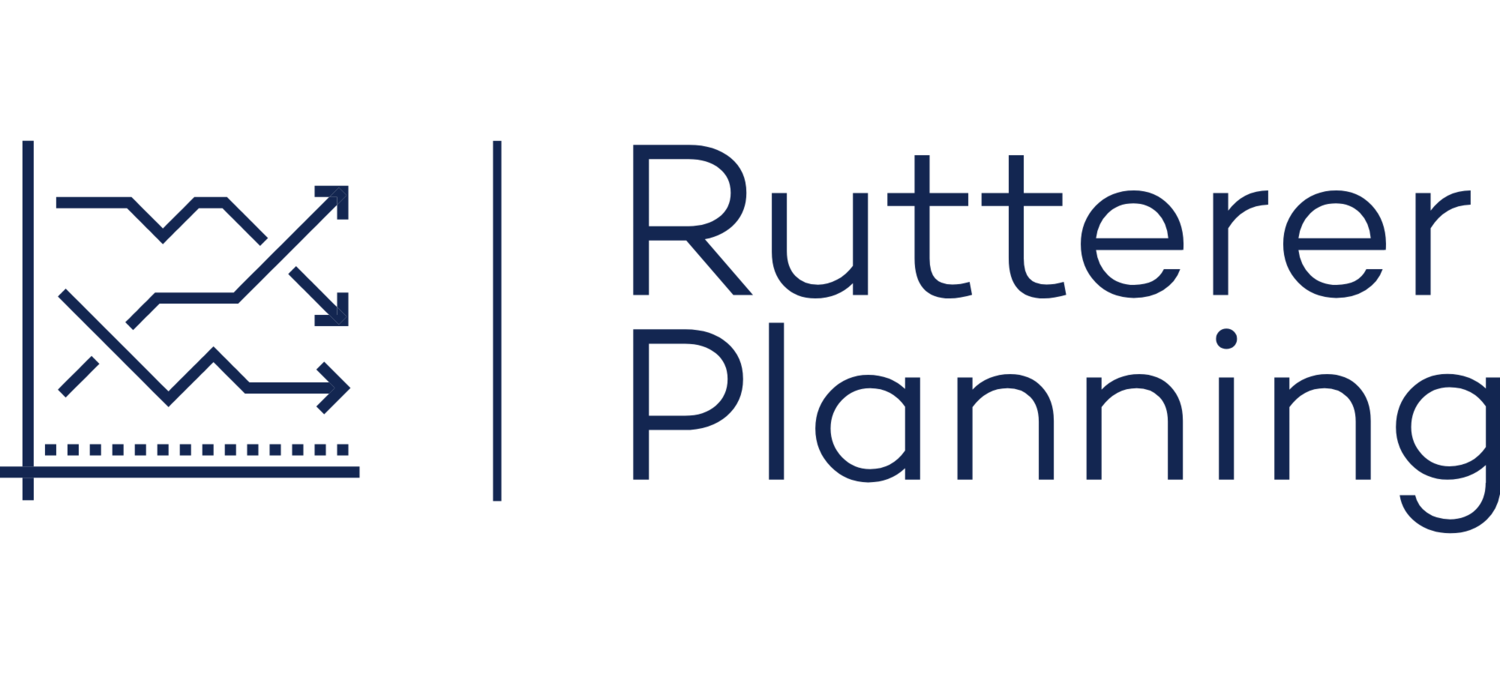Things come in threes. Why? Because three is a magic number. Three is just enough to make something complicated, but not enough to be overwhelming. The most common three in personal finance is the “three-legged stool” of retirement planning. If you are unfamiliar, the metaphor is that the three legs of the stool are: Social Security, Pension (or Annuity payments), and savings. To me, there is a more important trifecta to discuss when it comes to finances. I have dubbed it the Tripod of Personal Finance.
The three factors are:
Income
Expenses (including taxes)
Returns
These are the three levers that most people can control. You might be surprised that “Savings” is not on the list, but savings is simply the difference between #1 and #2. I have broken savings down into the two factors that drive it. We can’t change what a portfolio value is today, but we can work on the three levers to try and get it where it needs to be for tomorrow.
Let’s go through each lever in reverse order.
#3 Returns: Usually we express this as a percentage, as in “my portfolio returned x% this year”. This can have a large impact on your portfolio, especially as your portfolio grows. For a diversified portfolio, returns will be a function of how the asset markets perform and how much risk you have in your portfolio. Generally speaking, if you want higher returns, you will have to take more risk. But, depending on your personality and life situation, taking more risk might not be appropriate. And the shorter your timeline for needing the money, the lower the amount of risk you can safely take. (A good financial planner can make sure you are in the appropriate portfolio). What all this means is that there is probably a theoretical cap to returns for each person. You can’t wake up one day and magically get higher returns for the same risk. If there was, we would all take it! The return number is maximizing the return for your risk.
#2 Expenses: Expenses includes taxes, which is the biggest expense most people face. Lots of popular personal finance literature focuses on expenses. This is especially true in the FIRE (Financial Independence, Retire Early) crowd. It is understandable because it is the easiest lever to pull. It is also straightforward and understandable. Interestingly, it is also the only leg of the tripod that you want to make as small as possible. However, there is a natural limit to how far you can shrink this number. Even the most ardent penny pincher must spend some money. But it is important. In fact, reducing expenses can have a double impact on your long-term financial planning. How? Because not only are you increasing your savings (remember income minus expenses equals savings; I – E = S), but your newly reduced expense number means you don’t need to save as much for retirement. Here’s a quick example:
Original
Income = 100
Expenses = 80
Savings = 20
Need* = 2,000 for retirement; at a 0% return, this would take 100 years to build.
*This is a theoretical rough number based on the 4% rule of thumb for a 30-year retirement. This is not financial advice, it is shown only to illustrate the double impact of reduced expenses.
Reduce expenses by 10%
Income = 100
Expenses = 72
Savings = 28
Need* = 1,800; at 0% return, this would take 65 years to build.
*This is a theoretical rough number based on the 4% rule of thumb for a 30-year retirement. This is not financial advice, it is shown only to illustrate the double impact of reduced expenses.
Conclusion: Not only is the reduced scenario saving more per year, but the total needed to save is smaller. In this very rough example, the double impact from having 10% lower expenses shrinks the number of years needed to save by 35%!
#1 Income. Income is the most fascinating of the trilogy. It is interesting because there is no ceiling on income like there is on expense reduction or returns. I am not saying it is easy, straightforward, or even likely that you can raise your income. I am just pointing out that is the only category that can have an unlimited positive impact. Of the three levers, it may be the hardest to change. But, raising your income can fundamentally and drastically change your retirement equation as long as expenses don’t keep pace with the increase.
When I partner with families on their financial plan, we look at all possible combinations. There is no one-size-fits-all answer about which lever or combination of levers to pull. Even for families in similar situations, there are personal preferences in play. One couple might rather focus on cutting expenses, while another would rather focus on raising their income, and a third might take on more risk in their portfolio. Having an objective, financial planner that you know and trust can help you explore your situation and come up with what adjustments work best for you.

